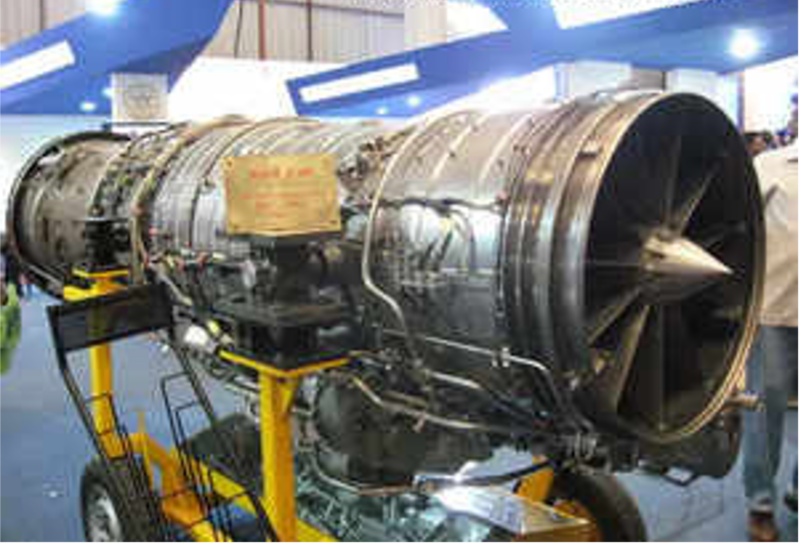Manufacturing An Indigenous Jet Engine – The Final Frontier

The Kaveri Jet Engine has been upgraded. However the upgraded Kaveri engine is not being considered for the next batch of 83 LCAs to be made in India and the jets are likely to be powered by engines supplied by US’ General Electric.
Back of the envelope calculation shows that for a fleet of 200 LCAs, the cost of engines alone would be in excess of Euro 25 billion over the lifecycle of the planes.
India not only wants to but also has a plan to use this Kaveri engine for a next generation Advanced Medium Combat Aircraft (AMCA) which is in the final design phase.
Here has stepped in France and has made fresh offer to revive plans to help India develop the indigenous Kaveri fighter jet engine as part of the Rafale offsets deal. This was given in the briefing for the project made to defence minister Rajnath Singh during his visit this week.
A detailed presentation on creating an aircraft engine ecosystem in India was given to the minister who had gone for the handing over ceremony of the Rafale fighter jets. French engine manufacturer Safran, which makes the engines and electronics for the Rafale fighters, pitched its proposal for the co-development of the Kaveri engine for the Indian Light Combat Aircraft (LCA) program.
According to sources, the French side emphasised that India was the only country to which such advanced technology transfer was being offered and that the country would achieve ‘sovereignty’ on aero engine tech.
The French side also pledged to transfer more work for the production of the M 88 engine that powers its fighter jets to India if orders for more of the combat aircraft are received. “If India orders 36 more Rafale jets, more engine parts would be made in India to meet offset conditions,” sources aware of the briefing said.
As reported plans to revive the indigenous Kaveri project with the help of French technology fell through after the Indian side found the pricing prohibitive. Talks hit a roadblock after it emerged that only a part of the offsets — just over Euro 250 million — could be utilised for the projects and that Defence Research and Development Organisation would have had to provide the remaining Euro 500 million.




